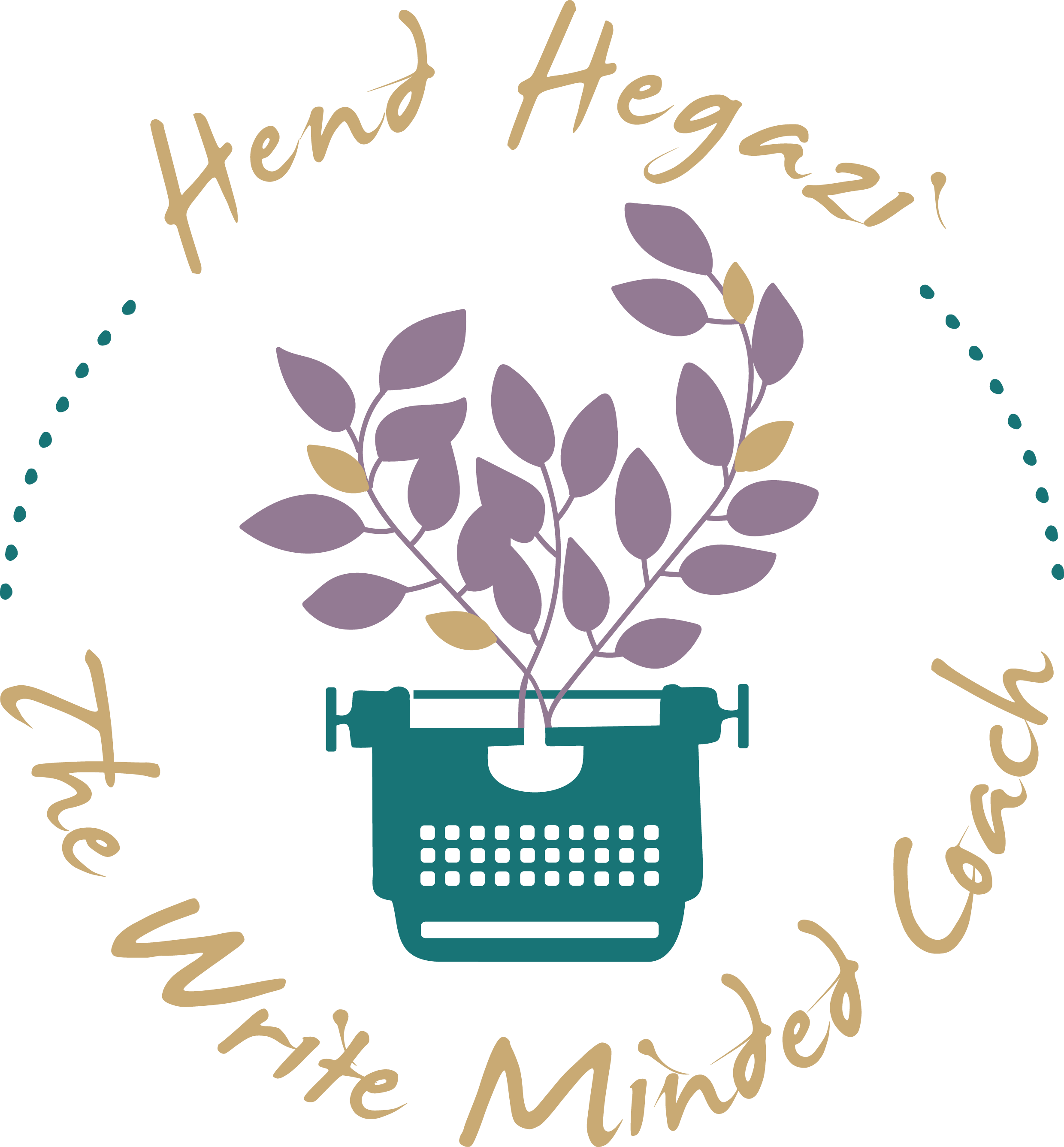Do I Need a Degree to Be a Writer?
Many beginner writers wonder whether they must fulfill specific requirements before they are qualified to write a book. They debate getting some kind of a writing degree, whether it be in an MFA, a degree in creative writing, or a degree in journalism.
Now, there are plenty of writers out there who do have an MFA or a degree in journalism or a degree in some other kind of writing related field, but without a doubt, you do not NEED any of those degrees to be a writer.
There are two important credentials you should fulfill in order to be a writer:
You must have the love of story and storytelling. If you enjoy reading stories–and that’s both fiction and non-fiction, by the way–then that’s one credential you already have.
You must have the desire to learn how to do it properly. That doesn’t mean your learning has to be done in a classroom setting. Reading posts (like this one!) is one way of learning your craft. There are plenty of other resources out there, from books, to websites, to conferences, to podcasts, to online courses.
One of the best ways for you to learn how to write is to do a lot of reading. If you’re not reading in the genre that you love, then you’re probably not prepared to write in that genre. If there’s a book on your heart that you want to write, then you might consider “studying” that genre by reading several books that are similar. If you are not reading thrillers, then you probably aren’t familiar with them enough for you to begin writing one. Similarly, if you are somebody who wants to write nonfiction, you really should do your research on what the industry standards are for that type of nonfiction. Read books that are similar to yours and see how they are structured so that you can get a grasp on how your readers will expect your book to be structured and how they will expect your information to be presented.
By reading, you not only learn the industry standards of the genres, but you also pick up the different styles of the writers who have come before you, those who have been doing this for a while. So, no matter what genre you want to write in, make sure you are reading widely in that genre.
The other way for you to really learn how to write is to practice. Now, there are two different ways for you to practice. The first way is copy work. If there’s a book or story that excites or inspires or interests you, then copy (by hand or typing at your keyboard) a couple of pages from that work. The idea is that the more you do this, the more you will internalize those fantastic writing styles that inspired you.
(It goes without saying that this is a writing exercise and you should never attempt to pass copy work off as your own creation. Plagiarism is illegal and unethical, but copying the work as part of your own training, for your own private purposes, is fine.)
The second form of practicing is simply to sit and write. When you keep practicing writing, when you stick to it and make it a priority, then your writing improves, especially if you are reading alongside your writing.
Anybody can be a writer. Continue to foster your love of story by reading and practicing your writing, and investing your time and energy in resources that help you hone your craft. Show up for yourself in these ways, and before you know it you’ll be embracing your writer identity.

